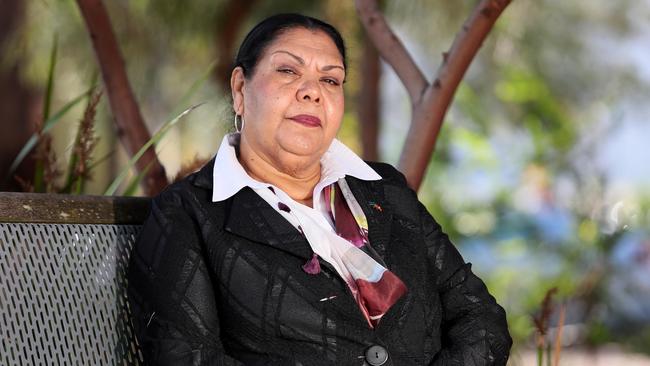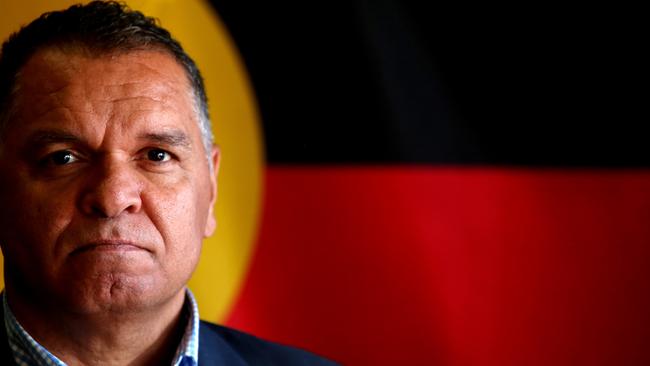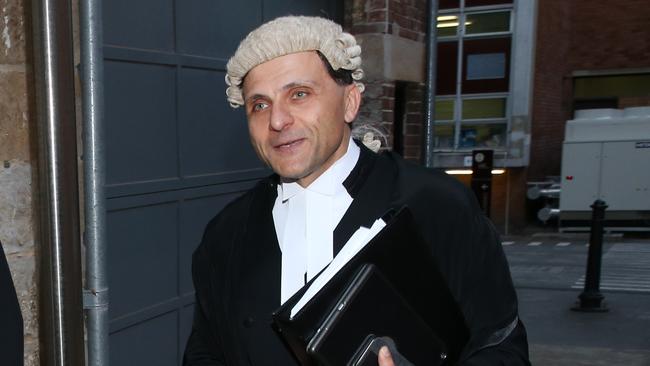MPs told to get the job done on indigenous recognition
Indigenous constitutional recognition should be achieved by the end of the next federal parliament, MPs have been told.

Indigenous constitutional recognition should be achieved by the end of the next federal parliament and MPs should regularly be challenged via a formal motion on whether they support this, all five former and current Aboriginal and Torres Strait Islander social justice commissioners have said.
There should also be indigenous citizen participation in Senate estimates processes to achieve greater accountability of government for services to indigenous Australians, a written submission to a parliamentary committee considering the matter suggests.
Current commissioner June Oscar and her predecessors Mick Gooda, Tom Calma, William Jonas and Mick Dodson have written of “a failure of leadership across government and the parliament” to achieve constitutional recognition.
Malcolm Turnbull last October threw out the Referendum Council’s proposal for a voice to parliament in the Constitution as contained in the Uluru Statement from the Heart, saying the government “does not believe such a radical change to our Constitution’s representative institutions has any realistic prospect of being supported”.
However, yesterday’s joint submission notes that the pursuit of constitutional reform “should not be a substitute for responding to the Uluru Statement (and) nor should responding to the Uluru Statement be a substitute for pursuing constitutional reform”.
It notes that the “starting proposition” for reform should be repealing the so-called “race powers” in the Constitution and devising “some form of recognition of the special place of Aboriginal and Torres Strait Islander peoples in Australia”.
It calls for a national indigenous representative voice that could provide scrutiny for parliamentary processes but, unlike the Uluru Statement, does not demand this be inserted in the Constitution — a point of difference that will put it at odds with the statement’s backers. Instead it says that “while other (constitutional) provisions that have been proposed … over the past eight years are logical, we are not convinced that they are necessary or that they are sufficiently unambiguous to enjoy the necessary support of the Australian public”.
Ms Oscar said every social justice commissioner since the post was established 25 years ago had advocated for a representative voice for indigenous peoples, constitutional reform, truth-telling processes and an agreement or treaty-making framework.
The submission warns that efforts to deal with “unfinished business” have constantly stalled because of politicians’ fears over the uncertain outcome of any negotiation process — a stance it said “entirely misses the point” of how negotiation works.
“We must move on from endlessly discussing the potential reform options and committing to action that will allow indigenous Australians to take a rightful place in our nation,” Ms Oscar said.
“We want to see constitutional recognition and a voice and a truth-telling process being committed to by the parliament. We are at this point because of a lack of political leadership to adequately respond to the many processes that have taken place.”



To join the conversation, please log in. Don't have an account? Register
Join the conversation, you are commenting as Logout